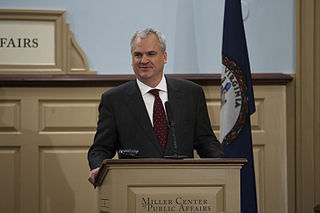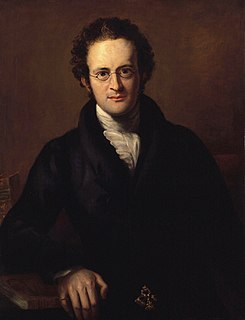A Quote by Michel de Montaigne
In truth, the care and expense of our fathers aims only at furnishing our heads with knowledge; of judgement and virtue, little news.
Related Quotes
When white Americans frankly peel back the layers of our commingled pasts, we are all marked by it. Whether a company or an individual, we are marred either by our connections to the specific crimes and injuries of our fathers and their fathers. Or we are tainted by the failures of our fathers to fulfill our national credos when their courage was most needed. We are formed in molds twisted by the gifts we received at the expense of others. It is not our “fault.” But it is undeniably our inheritance.
The significance of our lives and our fragile planet is then determined only by our own wisdom and courage. We are the custodians of life's meaning. We long for a Parent to care for us, to forgive us our errors, to save us from our childish mistakes. But knowledge is preferable to ignorance. Better by far to embrace the hard truth than a reassuring fable. If we crave some cosmic purpose, then let us find ourselves a worthy goal.
We will have gone from men telling us condescendingly to not bother our pretty little heads about important things like politics, to not bothering our pretty little heads without even being told not to! The suffragettes struggled and suffered so much on our behalf; what a travesty of everything they stood for, if we simply look away as though we can't be bothered.
And Botany I rank with the most valuable sciences, whether we consider its subjects as furnishing the principal subsistence of life to man and beast, delicious varieties for our tables, refreshments from our orchards, the adornments of our flower-borders, shade and perfume of our groves, materials for our buildings, or medicaments for our bodies.










































